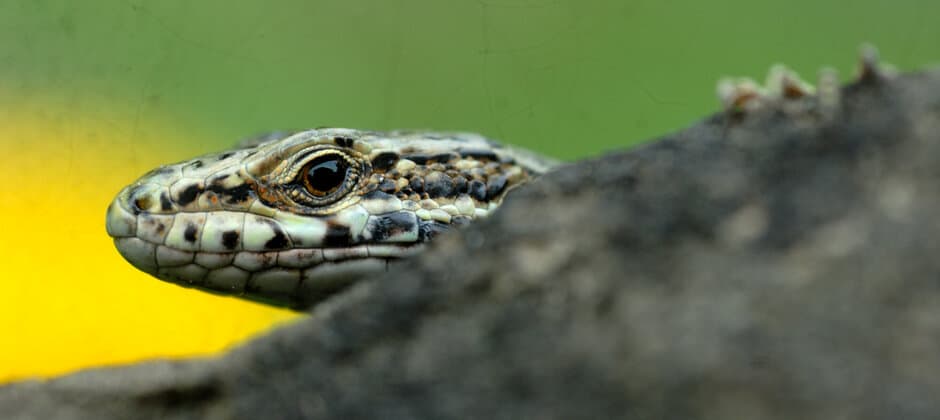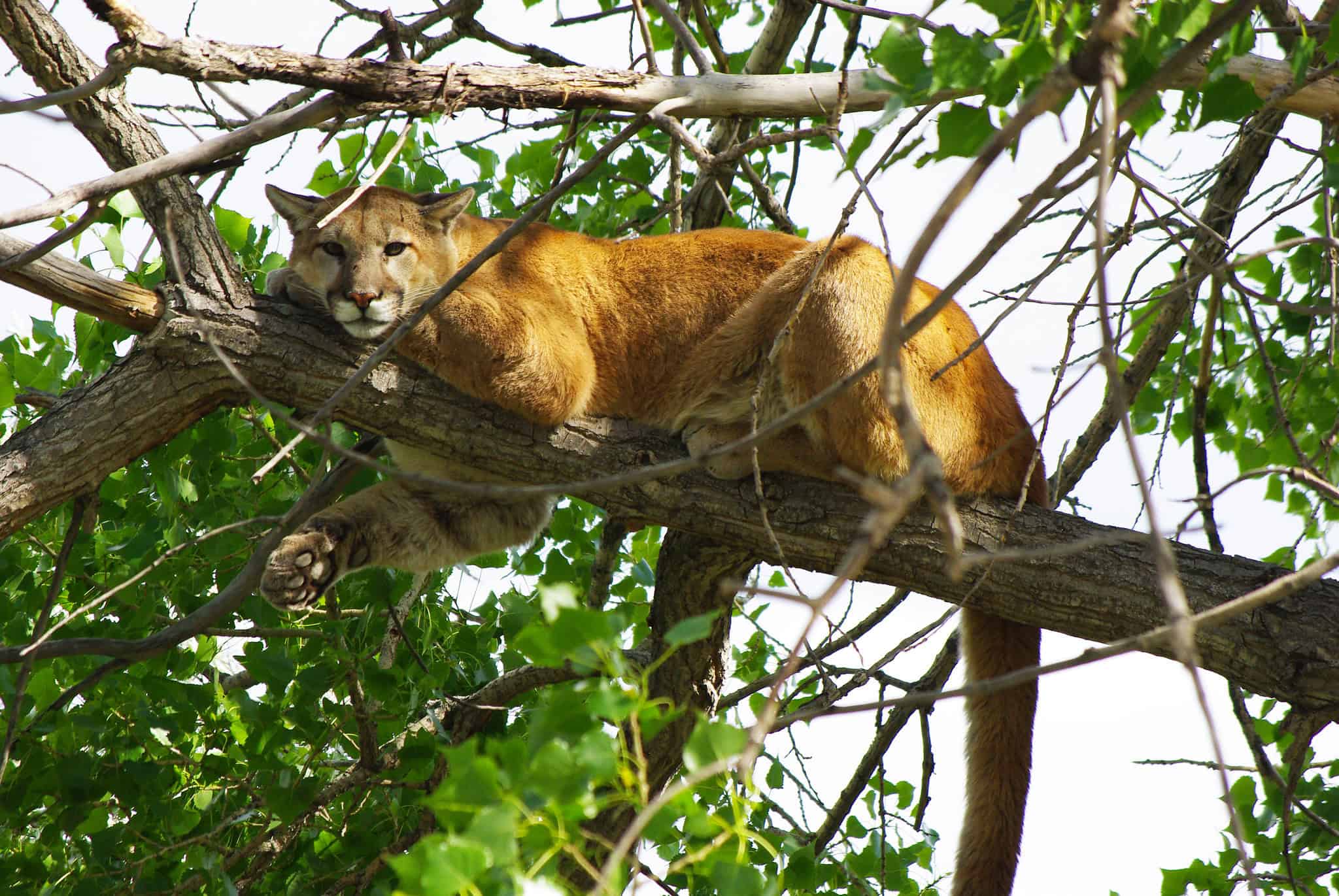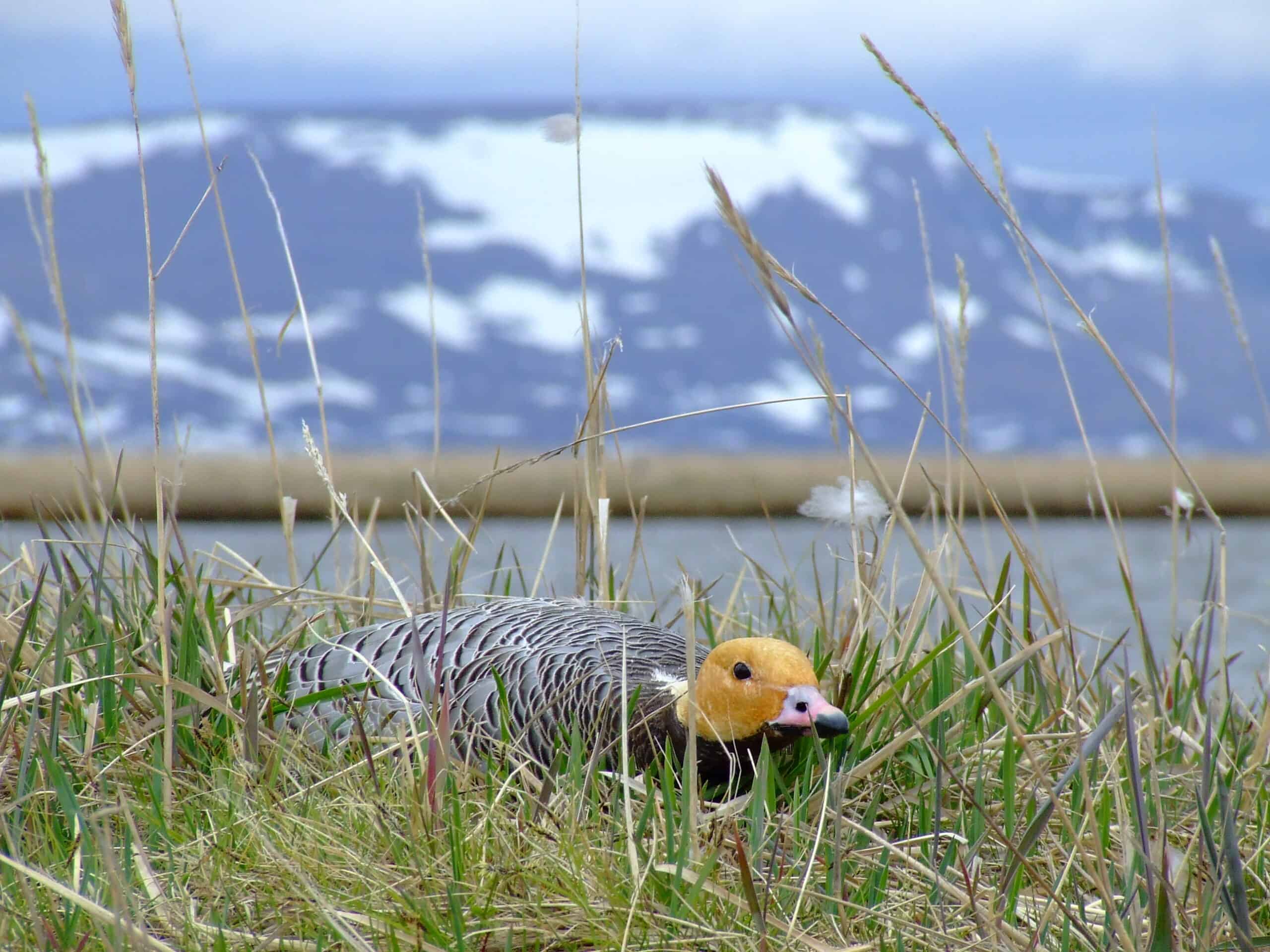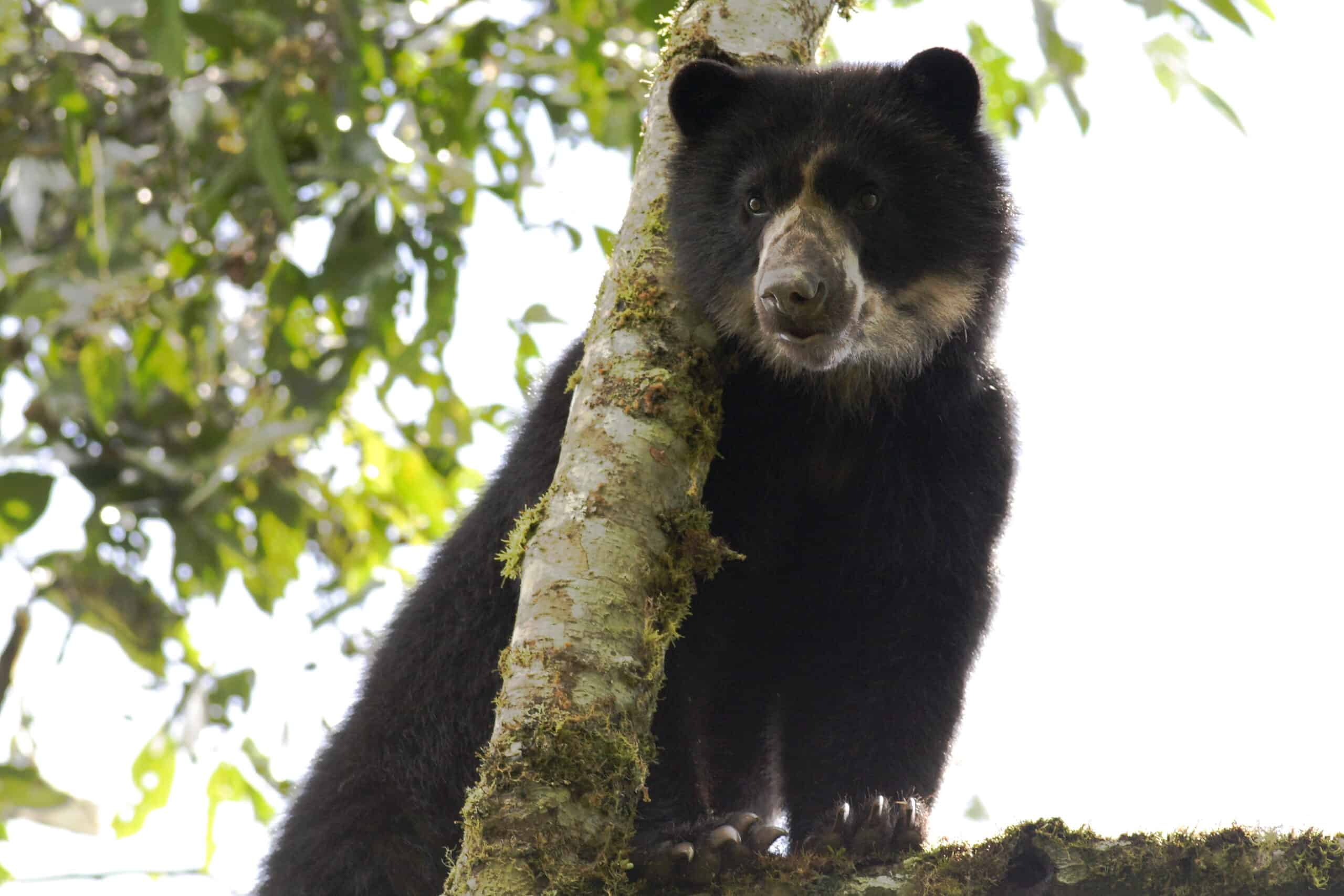Share this article
How has COVID-19 affected wildlife in Italy?
Teaser: Data collected on wildlife in the first European country to go into lockdown shows a mixed bag of benefits and negative impacts
Wolves are getting closer to cities and invasive rabbits are getting bolder around people’s homes in broad daylight. Vulnerable plovers are breeding and amphibians are safely hopping across empty roads.
The changes are not exactly apocalyptic, but new research shows that the lockdown in Italy due to the ongoing COVID-19 pandemic has had a number of impacts on wildlife — both positive and negative.
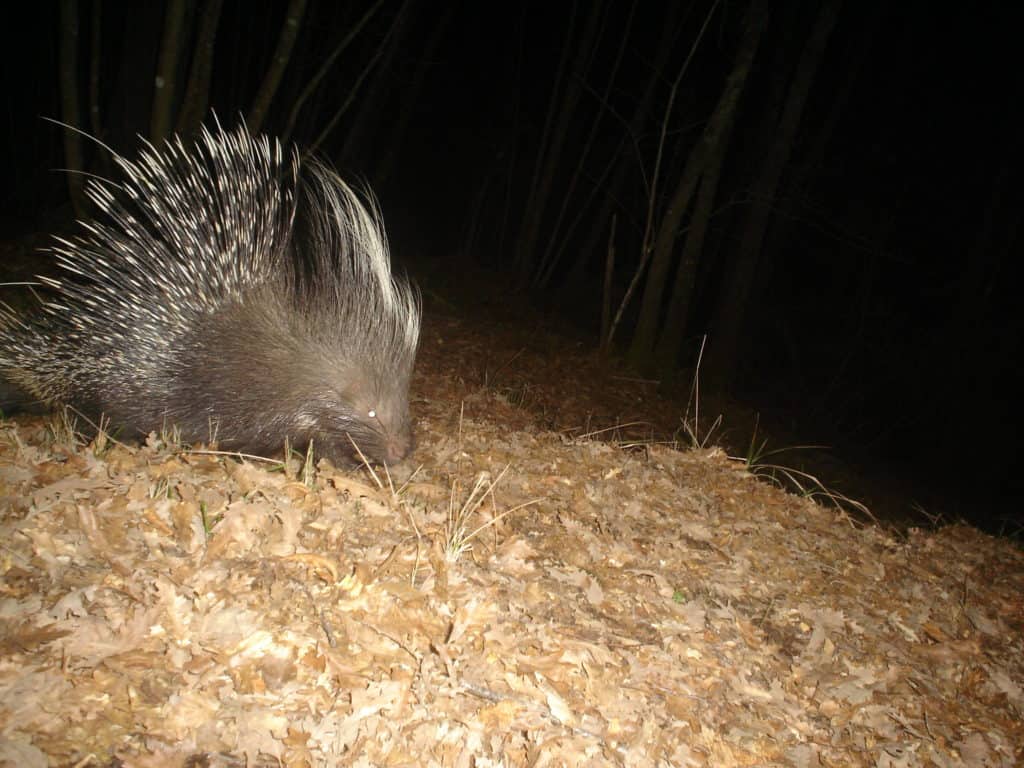
European porcupines were seen closer to human habitations than usual during the pandemic lockdown. Credit: Emiliano Mori
Raoul Manenti, a researcher in environmental science and policy at the University of Milan and the lead author of the study published recently in Biological Conservation, said that a lot of planned research was stopped due to the pandemic and lockdown, the strictest part of which lasted from March 10 to May 4. Meanwhile, he and his colleagues kept hearing news reports of the sensational return of dolphins to coastal port waters and other stories due to the drastic slowdown in human activity.
Manenti and his colleagues weren’t able to conduct their regular fieldwork, so they started to collect media reports to see whether there was any substance to the various accounts, or whether the news was overblown.
Team members got creative with their research. Ornithologists walked 200 meter transects around their home recording bird sounds over time. Manenti contacted government officials who work with the environment, asking them to pay attention to roads where amphibians had previously experienced a large degree of roadkill. They also watched community science applications like iNaturalist, comparing animal reports and their locations before and during the lockdown.
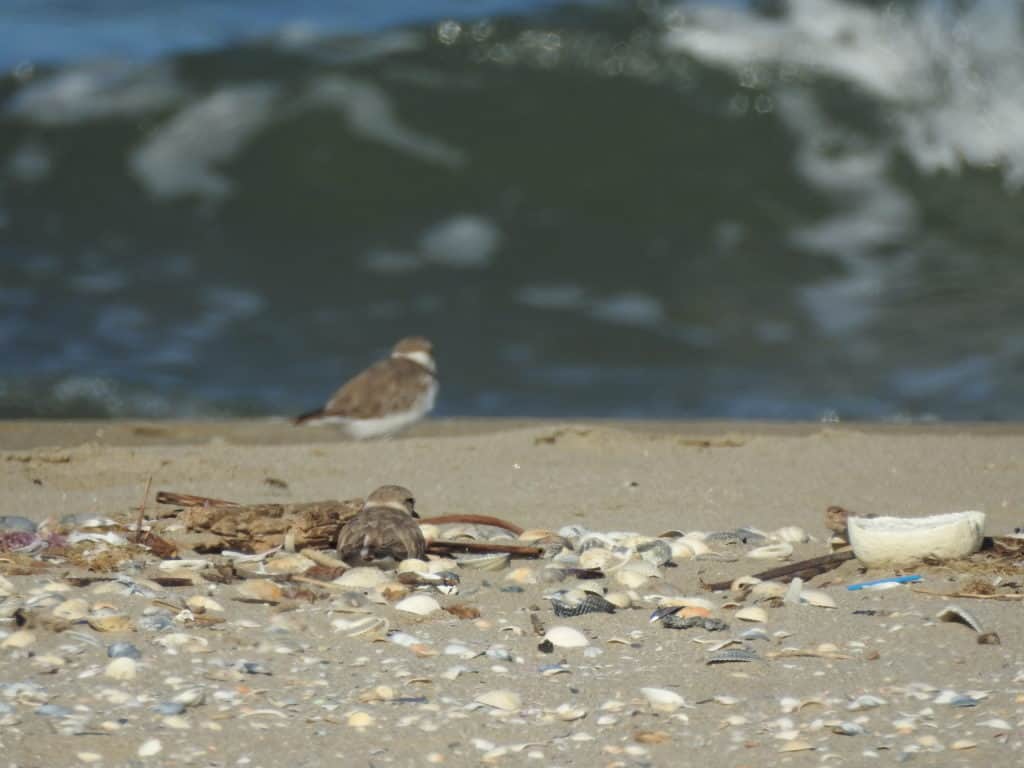
Kentish plovers had expanded breeding due to less human presence. Credit: Mattia Brambilla
Once they compiled all the data, they found that the lockdown, indeed, had some impacts on wildlife, though some of the news reports weren’t accurate.
“We found some very new observations, records of occurrence in unusual habitats,” he said.
For example, they found that crested porcupines (Hystrix cristata) appeared more often around human homes in Florence and other cities in the south and middle of the country. “It’s usually a species considered not so confident in human habitats,” Manenti said.
Wolves (Canis lupus) also seemed a little more comfortable, getting close to cities, based on iNaturalist observations, newspaper reports and social media posts.
But invasive species in Italy, like eastern cottontails (Sylvilagus floridanus), also seemed to benefit from the lockdown. While the rabbits are typically more active at night in urban areas, the researchers found evidence that they were becoming bolder during the day, possibly to the decrease in human activity.
Furthermore, Manenti said, the lockdown effectively led to a halt in some management efforts important for native ecosystems, such as the removal of invasive fish from waterways. While the researchers couldn’t get data immediately, Manenti said, it’s likely that the invasive fish benefitted from the lockdown.
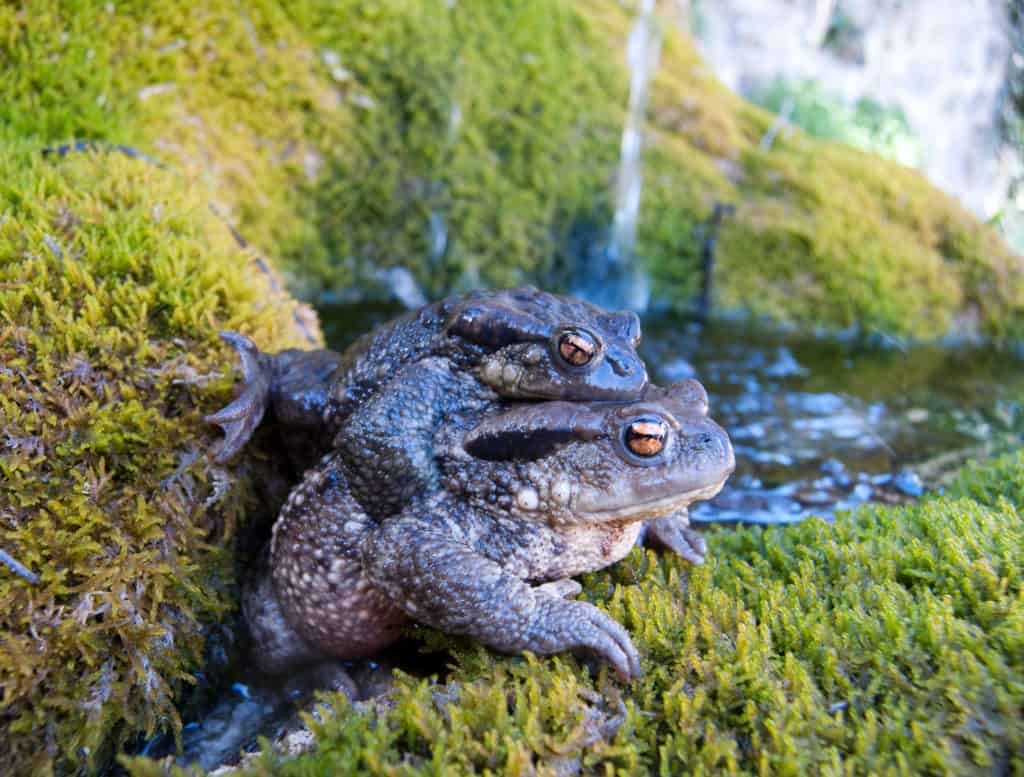
Common toads also were killed less by vehicles due to less traffic. Credit: Francesco Ficetola
The breeding area of native Kentish plovers (Charadrius alexandrinus) increased as well. These birds are typically very sensitive to disturbance while nesting — humans walking their dogs nearby are often enough to disrupt the process. But the birds seemed to benefit from the lack of humans around this breeding season.
A drastic slowdown in traffic also seemed to lead to less road mortality for amphibians like common toads (Bufo bufo) and agile frogs (Rana dalmatina) and reptiles like common wall lizards (Podarcis muralis) and western green lizard (Lacerta bilineata). “It was very interesting. The mortality was quite low — in some cases close to zero,” Manenti said.
The analysis also showed that some of the reports were false. News reports of increasing fox presence, for example, turned out to be a little overblown. So were stories linking the presence of ducks in cities to the lockdown. Ducks normally appear in urban areas, Manenti said.
But overall, Manenti said some of these findings should be taken into consideration in the future. Closing roads on rainy nights during breeding season when amphibians are more likely to move, for example, could greatly reduce the number of animals that get run over.
Header Image: Common wall lizards suffered less roadkill during the lockdown. Credit: Francesco Ficetola



